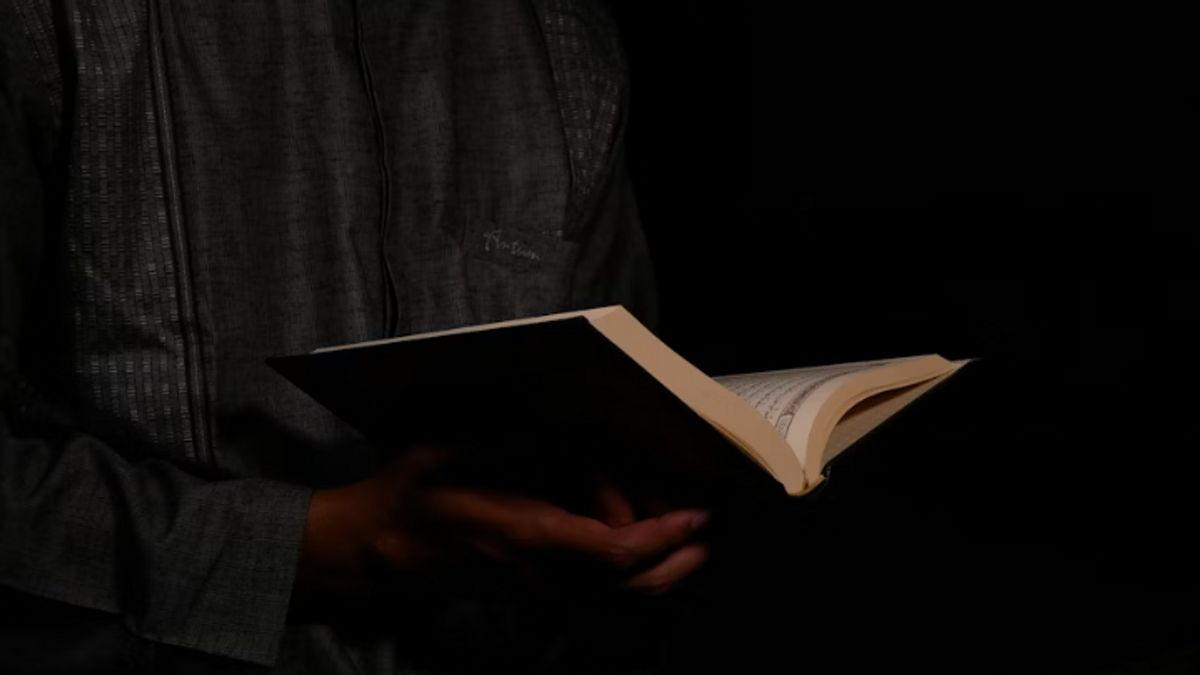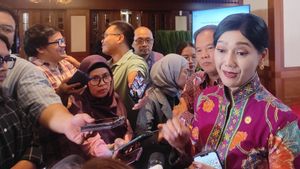YOGYAKARTA The history of the development of ushul fiqh began for a long time. This knowledge is important to study because it relates to the procedures of worship for Muslims. This article will try to explain the history of ushul fiqh to increase knowledge.
In Ushul Fiqh's book written by Suwarjin, MA (2012) explains that ushul fiqh is a plural word formed from two words, namely Ushul and Fiqh. Ushul's word is defined as a foundation, while Fiqh is defined as a deep understanding that requires the mobilization of reason and thought.
In the official website of North Sumatra UIN, Medan, it is stated that ushul fiqh is the science that examines the fiqh argument in the form of rules to know how to use, knowing the condition of people who use (mutathid) in order to aim to issue acts (perpetratory law) from the argument in detail and clearly.
Similar, in an article entitled History of the Development of Ushul Fiqih Science which was broadcast in the NU Online webinsite, it was stated that Imam Abdul Mu ali al-Juwaini (w. 1085 AD), the professor of Madrasah Nizamiyyah in Al-Waraqat (directed by Imam al-Mahalli) explained the definition of ushul fiqh.
He explained that ushul fiqh is a global fiqh argument that shows mandatory law and prohibition (an-nahyu) shows haram law. In addition, discussing Hujah such as the behavior of the Prophet Muhammad saw, the consensus of the ulama (ijma), the analogy (qiyas), istiahsan, and so on..
In his book, Suwarjin (2012) divides the history of ushul fiqh's development into three times, namely during the Prophet's time, during the Sahabat, and the Tabiin era.
Ushul fiqh's knowledge has been started since the time of the Prophet. It can be said that at that time the seeds of ushul fiqh had begun to grow and develop. This is reflected in several cases, for example when Umar Ibna Al-Khatthab, who at that time came to the Prophet Muhammad, who asked about the law of kissing his wife during the day in the month of Ramadan.
At that time, it was said that the Prophet did not directly answer the question either null or unturned. However, the Prophet corrected this behavior with a gargling law that did not invalidate the fast. In its development, the determination of the law is known as qiyaas, namely one of the ijtihad methods known in ushul fiqh.
In addition, there is also an event that eventually gives birth to a different understanding. For example, there are groups that understand the Prophet's orders contextually and understand textually the words of the Prophet. In addition, during the Prophet's time, the hierarchies of Islamic law were also known, namely the Koran, Sunnah, and Ijtihad.
The seeds of ushul fiqh's knowledge are growing in the Sahabat era. The death of the Prophet is quite impactful, on the other hand, problems that require the determination of status in Islam need to be determined. On the other hand, Sahabat cannot ask the Prophet anymore.
Because of this condition, Friends must continue to provide answers to answer the case. From here the ijtihad activities continue to be carried out.
It should be noted simply that ijtihad is an effort to use reason and reason to formulate and then establish a law on a case in a life whose legal certainty is not found in the Qur'an and Sunnah.
During the Sahabat era, ijtihad was carried out based on the experience they experienced and witnessed firsthand about how the Prophet Muhammad resolved the new case he was facing.
SEE ALSO:
Tabiin is a term for Muslims who lived during the time of the Prophet Muhammad was still alive or after the Prophet died. It can be said that tabin people tend to be young when the Prophet's Friends are still alive.
At this time the law is getting wider because life is growing. This generation inherited legal istinbath knowledge from the previous generation.
That's information related to the history of ushul fiqh's development. Visit VOI.id to get other interesting information.
The English, Chinese, Japanese, Arabic, and French versions are automatically generated by the AI. So there may still be inaccuracies in translating, please always see Indonesian as our main language. (system supported by DigitalSiber.id)


















